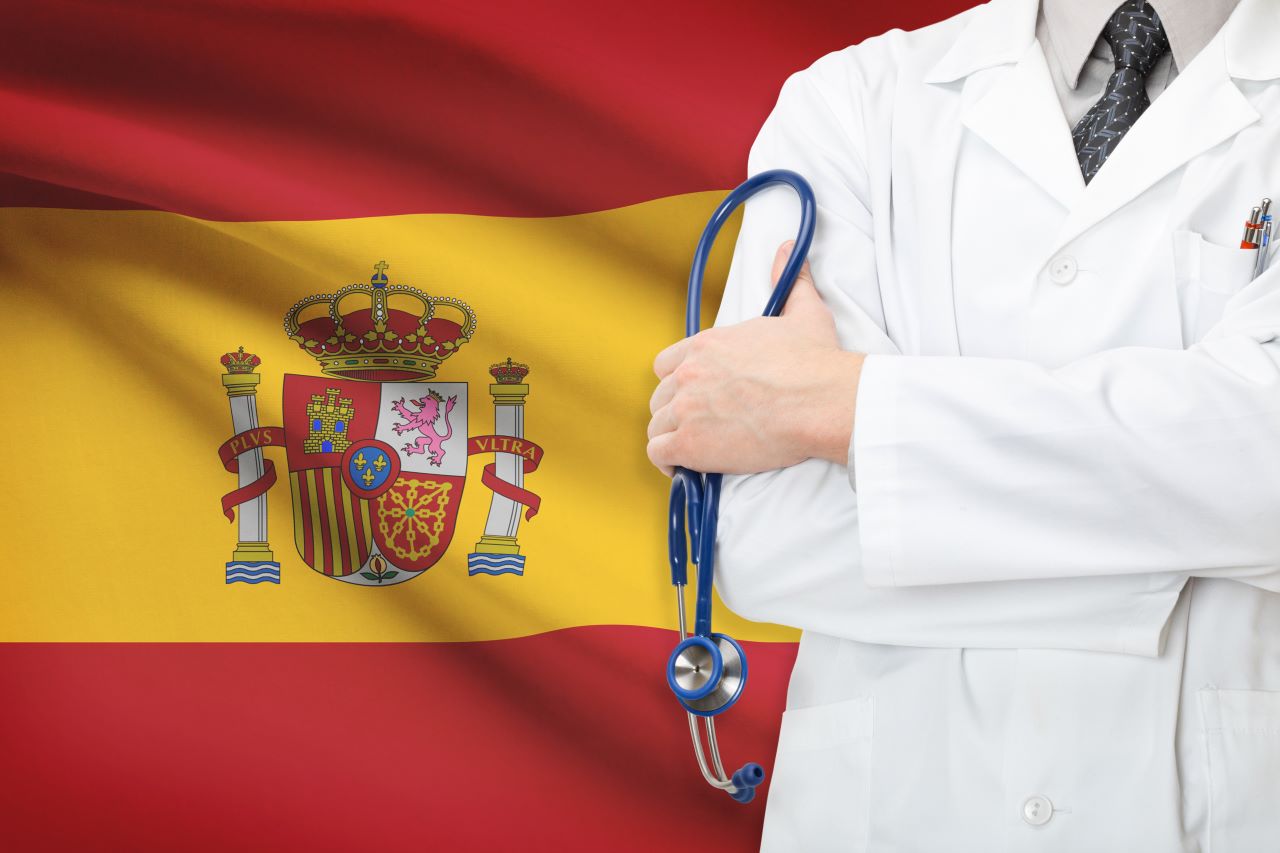
[ad_1]

Spanish Prime Minister Pedro Sánchez has known as a snap normal election for 23 July, throwing a number of vital well being reform initiatives into doubt. A normal election had not been anticipated till December, however disastrous outcomes for the ruling Socialist Workers’ Party (PSOE) in May’s native elections prompted Sánchez to go for an “all or nothing” gamble, betting that early elections will deprive the opposition of time to organise attainable coalition companions. This freezes the work of the Ministry of Health (MoH), which had been drafting two royal decrees aimed toward reforming the general public drug reimbursement course of in Spain. A draft of those decrees was anticipated in May, however now are unlikely to be revealed since parliament has been dissolved all through the marketing campaign interval.
Two broad well being reform initiatives are affected by the election. The first is the Health System Cohesion and Quality Law, which primarily goals to dam the National Health System (SNS) from partnering with personal healthcare suppliers in an effort to create an solely public common well being system. This invoice confronted repeated delays because it made its manner via parliament, and has been strongly opposed by the conservative opposition People’s Party (PP). The second initiative is a reform of the present Law of Guarantees and the Rational Use of Medicines, which goals to enhance entry to progressive medicines. This reform was primarily on maintain as there was already inadequate time within the legislative agenda for its passing; as a substitute, its principal provisions had been being superior by way of the aforementioned royal decrees.
The decrees had been anticipated to incorporate measures to shorten the drug analysis course of with the aim of slashing the time it takes for progressive therapies to hit the Spanish market. The nation’s approval-to-reimbursement time is among the many worst within the EU and is the slowest out of the 5 main European markets (5EU), which additionally embody the UK, France, Italy and Germany. The nation takes a median of over 600 days from a drug’s approval by the European Commission (EC) to subject reimbursement choices and likewise reimburses a smaller variety of progressive medicine than its Western European friends. Royal decrees nonetheless require a vote in parliament, however circumvent a lot of the legislative course of, saving appreciable time. The passing of reimbursement reforms had additionally been linked to an €8bn ($8.5bn) personal funding program that’s now susceptible to being scrapped. These reforms had been extremely anticipated by the pharmaceutical trade, and the freezing of the legislative course of is due to this fact a unfavorable growth. While the end result of the final election in July is way from sure, polls at present counsel that the PSOE will lose the election by a substantial margin. This would kill the Health System Cohesion and Quality Law, which might be optimistic for the pharmaceutical trade since public-private well being partnerships broadly enhance entry to healthcare and medicines. The destiny of both the reform of the Law of Guarantees or the associated royal decrees is much less clear, as it’s attainable {that a} authorities led by the PP would additionally search to cross these measures or comparable reforms, given the rising significance of the pharmaceutical sector to Spain’s economic system. However, even when the PP did cross such measures, the reforms can be unlikely to materialise in 2023.
[adinserter block=”4″]
[ad_2]
Source link